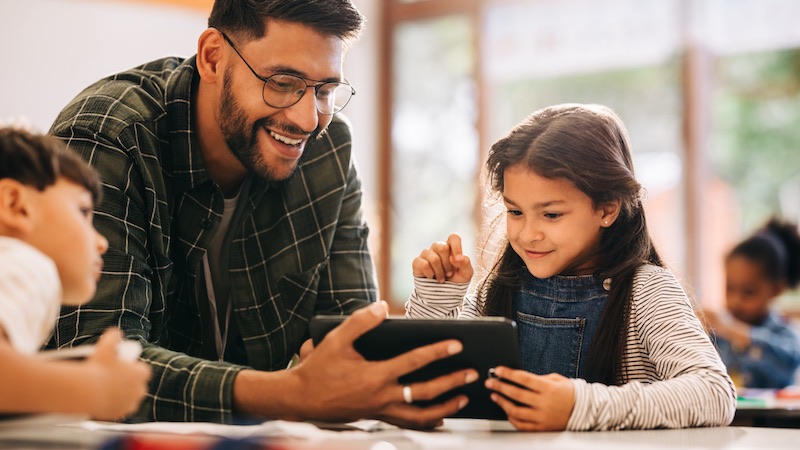As International Literacy Day arrives this Monday (8 September), education experts are calling for a broader view of what it means to be truly literate in today’s world.
The focus for 2025 is “Promoting Literacy in the Digital Era”, a theme being championed by online training provider High Speed Training, who say media literacy is now just as essential as traditional reading and writing skills.
In a world dominated by screens, social media, and search engines, understanding how to navigate digital content safely and critically is vital, especially for children and young people.
“Literacy today has evolved beyond the printed page; it now encompasses the ability to critically interpret the digital world,” said Dr Richard Anderson, Head of Learning & Development at High Speed Training.
“Developing the skills to not only access but also question, analyse, and evaluate digital information is fundamental.”
Media literacy means more than simply being online, it’s the ability to access, analyse, evaluate, and even create media in all its forms.
That includes recognising misinformation, understanding how algorithms shape our feeds, and knowing how to stay safe and respectful in digital spaces.
The Department for Digital, Culture, Media & Sport outlines five core principles of media literacy, including protecting personal data, understanding online risks, thinking critically about sources, and recognising that online actions can have real-world consequences.
For young people growing up as digital natives, these skills are particularly important.
“Children might be confident using devices, but that doesn’t mean they’re equipped to spot misinformation or avoid online harm,” said Dr Anderson.
“The core of media literacy is fostering a mindset of active inquiry.
“It’s about asking: Who created this? Why? What does it want me to think or do?”
Parents and educators are encouraged to build these skills early, from helping children check sources, to discussing how to tell facts from opinions, and encouraging curiosity about how digital content is created.
“Media literacy isn’t just a protective shield,” added Dr Anderson.
“It’s a way to turn the risks of the online world into opportunities for growth, learning, and genuine connection.”





